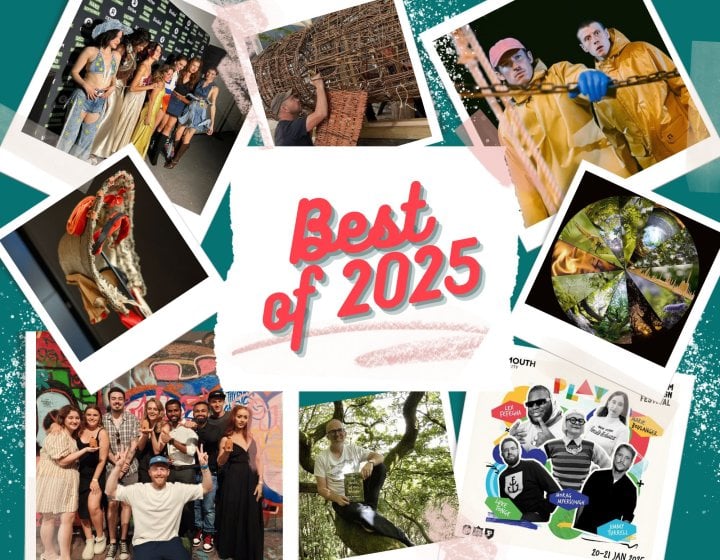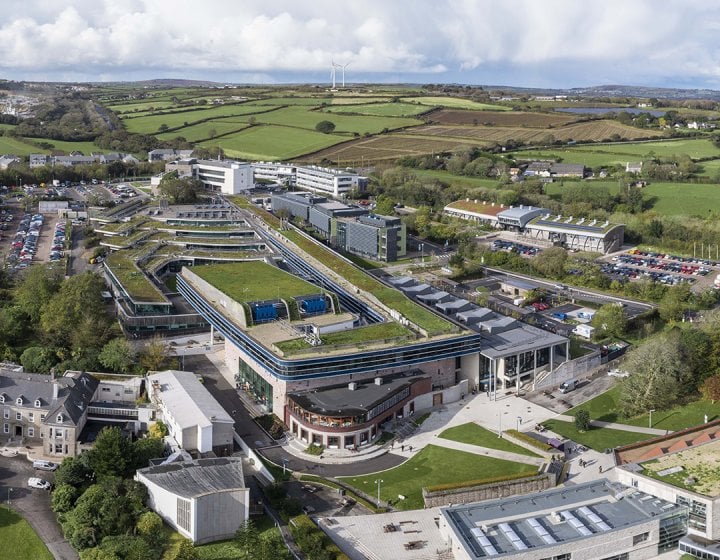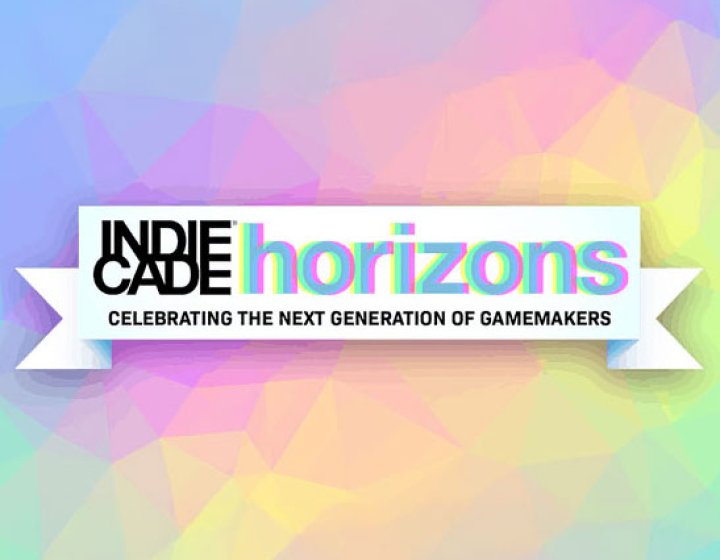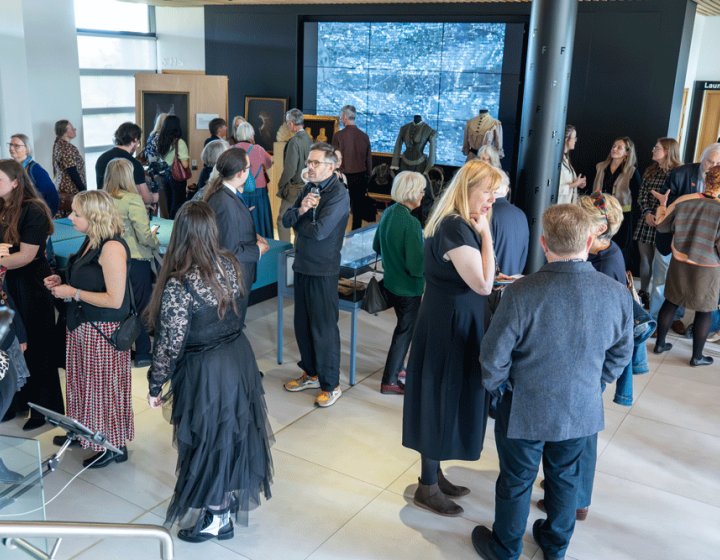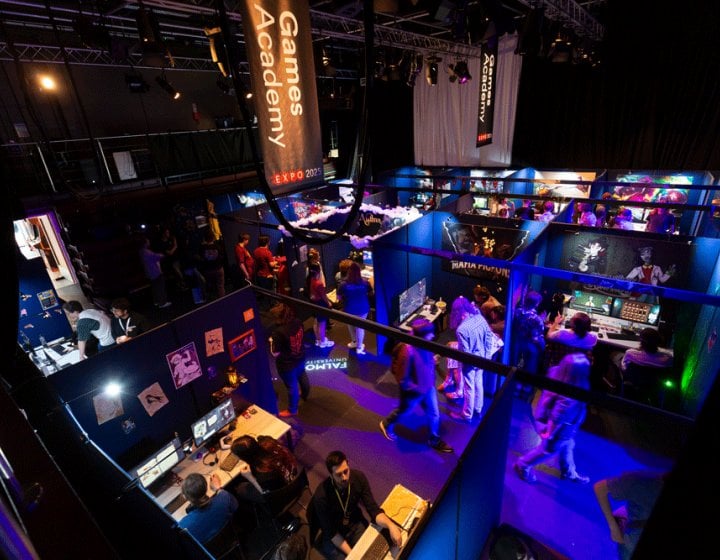The Creative Writing lecturer reclaiming Venezuelan history
26 February 2021
Dr Sherezade Garcia Rangel, course leader for BA Creative Writing Online, has been granted one of just ten fellowships awarded globally by the Royal Geographic Society (RGS). The RGS is one of the most historic scientific societies in the UK. We caught up with Sherezade to discuss her upcoming research project.
“What do we leave behind? Whose stories are remembered? What do we know of those who are dead? How can we learn from them?”
These are the questions Dr Sherezade Garcia Rangel poses in the pilot episode of her award-winning podcast, On The Hill, a series that explores the lives, and offers creative responses to, those buried in the Falmouth Cemetery.
Similar thoughts will be at the forefront of Sherezade’s mind as she begins her research into the representation of Venezuela within the context of the Royal Geographic Society’s Wiley Digital Archives.
Sherezade’s fellowship, Unbound Beauty: Venezuela according to the Wiley Digital Archive, is one of just ten awarded globally by the RGS. Since its inception in 1830, the Society has been home to notable scientists, geographers and explorers who’ve helped comprehend and map the world as we know it today. The RGS has been a supporter of numerous famous explorers and expeditions; the likes of Charles Darwin, William Ogilvie and Ernest Shackleton all received the backing of the RGS during their lives.
Sherezade, then, is joining illustrious company as she begins a creative expedition into the history of her home nation. But would the archives held by the RGS, a society that is deeply intwined with the interests of the British Empire, be a good place from which to interpret Venezuelan history?
After being given preliminary access to the archives, Sherezade was excited to find that the archives held a wealth of research resources, including numerous works by Alexander von Humboldt, a German explorer who’s credited with early investigations into human-induced climate change in Venezuela.
“Currently there is an ecological crisis in certain mining regions of Venezuela”, reflects Sherezade. “I’m curious to see what was happening there, then, and whether the narratives of that time are still carrying through 200 years later.”
Sherezade will interview contemporary Venezuelan naturalists to discuss such questions and will be releasing a new podcast off the back of her research at the RGS in a similar vein to the work created in On The Hilll . Listeners will be able to hear about her academic enquiries, the perspective of these naturalists as well as Sherezade’s creative responses to her research.
To see a Creative Writing lecturer conduct a research project at a 191-year old scientific society is intriguing – it’s a space in which you’d expect to find a geographer or Naturalist. But Sherezade sees things differently. “I believe our research stands alongside that by our STEM (Science, Technology, Engineering, Mathematics) subject colleagues. I don’t think that our research is any less important, less rigorous or less academic.
“It’s really important for my students to see that creative writing can be malleable and different to what they might expect. Sure, you can write a novel, or a script – that’s creative writing. But you can also use it as a tool for research. I want to show our students that we can do anything we want.”
I want to show our students that we can do anything we want.
For Falmouth’s Creative Writing students, watching their Course Leader disseminate private archival materials for Venezuelans who have never had the opportunity to view them previously, should demonstrate exactly that.
Photo credits:
Puerto Cabello in 1912 by Miss E.B. Gibbes © RGS-IBG
Birds Eye View of Caracas, Venezuela in An Illustrated Guide to Caracas by Arturo Rivera, 1897 © RGS-IBG
Read more about the Wiley Digital Archives, and listen to On The Hill.
